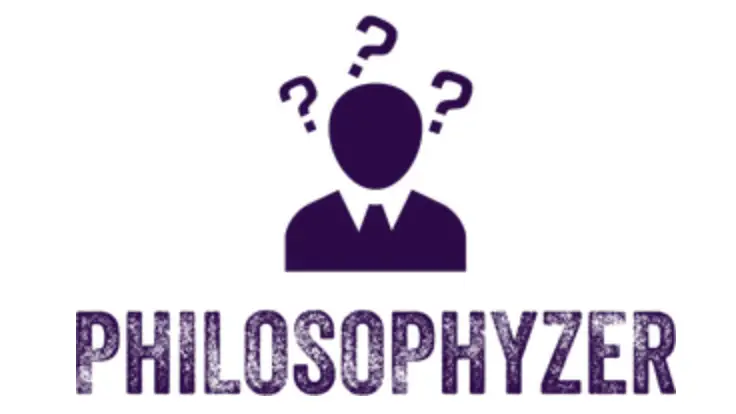The Problem of Evil
The problem of evil in philosophy is often known as the Epicurian trilemma, as it was developed by Epicurus. The problem of evil basically argues that there is evidence for evil and suffering in the world. Either God does not love us and therefore does not stop it (he is not omnipotent), or God does not have the power to stop evil and suffering, or God does not exist.
The Problem of Evil and Augustine’s Response
Augustine was a monk and Christian theologian who responded to the problem of evil. For Augustine, something was bad or evil because it lacked qualities that would allow it be considered good. He called this lack ‘privation’. This understanding of evil can be linked to the writing of Plato. In fact, Augustine is often called a Christian Platonist.
So where does evil come from?
God allows evil to exist as it is a result of free will – and its abuse by angels and humans. In Confessions of St. Augustine, Augustine states: “It was obvious to me that things which are liable to corruption are good… If there were no good in them there would be nothing capable of corruption.”
Evil itself is not an existing moral force – rather it is a corruption of God’s good creation. God created the universe ex nihilo – and as God is good he would not have created evil directly. Everything that he created began as good. It was all in harmony with God.
Augustine’s understanding of how this corruption took place is largely rooted in his exegesis of Genesis 1-3, as well as other Biblical stories and teachings, as well as his understanding of the hierarchy of beings.
Do you agree with Augustine that evil is a privation of good?
